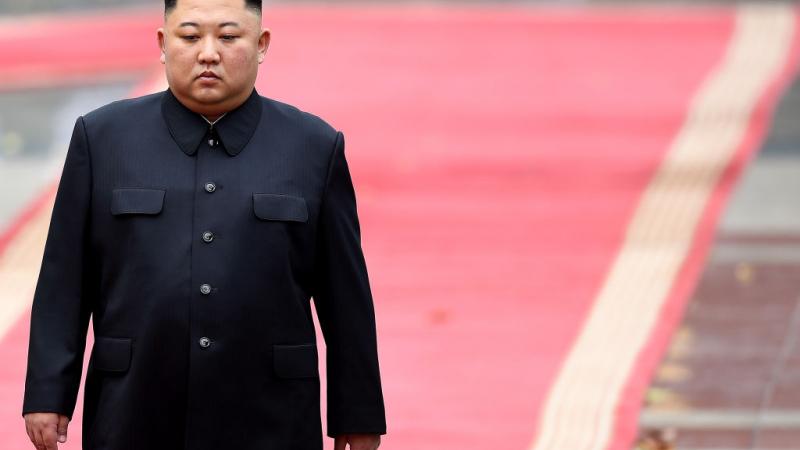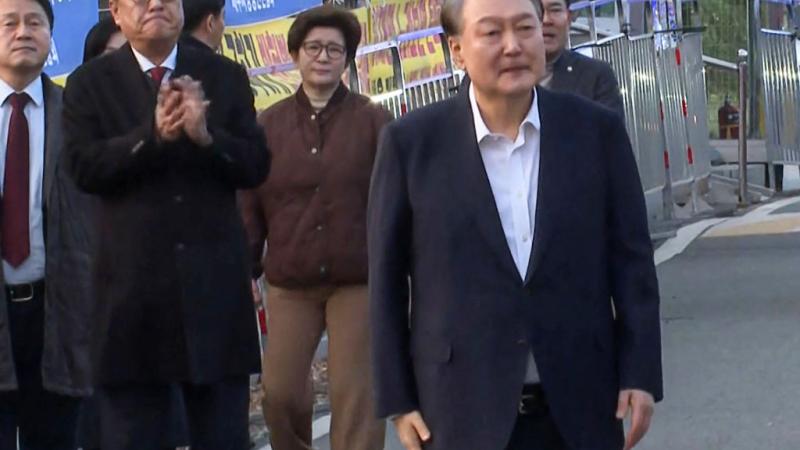Air sorties near Taiwan and empowered coast guard: China ramps up intimidation tactics
Beijing launches newly aggressive moves in the opening days of a fledgling Biden administration.
In its first displays of military posturing during the fledgling Biden administration, China over the weekend ramped up both action and rhetoric regarding Taiwan and regional waters.
The newly aggressive moves arrived in three forms: sorties from military aircraft near Taiwan; exercises involving land-based intermediate-range ballistic missiles; and a new law that allows China's coast guard to launch strikes against foreign targets in disputed regional waters.
During a Monday news conference in Beijing, a journalist asked the foreign ministry spokesman about a spate of flights by People's Liberation Army planes over the weekend near Taiwan airspace.
"Taiwan experts said the PLA's move was ostensibly a military exercise, but above all intended as a warning to the United States," the journalist said. "What is China's intention?"
Responded spokesman Zhao Lijian: "I'll leave it to the Ministry of National Defense."
Zhao's response came amid reports that the National People's Congress Standing Committee on Friday passed new legislation authorizing China's coast guard to open fire on foreign targets inside disputed waters. The law also allows commanders to launch preemptive strikes, and for coast guard crews to board other countries' ships.
The coast guard laws, coupled with land-based exercises involving intermediate-range missiles, are "concerning but not overly alarming," one U.S. military intelligence analyst told Just the News.
"These are things we pay close attention to without presuming the worst," the analyst said.
The United States Navy nevertheless on Saturday sent the USS Theodore Roosevelt strike group into the South China Sea. The strike group commander, Rear Adm. Doug Verissimo, described the mission as a routine freedom of navigation exercise.
"With two-thirds of the world's trade traveling through this very important region, it is vital that we maintain our presence and continue to promote the rules-based order which has allowed us all to prosper," Verissimo said in a statement.
The mission dovetails with moves from countries in the region aiming to enhance their own maritime forces, or to lodge protests against the Chinese coast guard ranging too far afield.
According to China, the incursions near Taiwan are in home territory.
"There is but one China in the world, and the Taiwan region is an inalienable part of the Chinese territory," Zhao said at his Jan. 25 press conference. "China is determined in safeguarding national sovereignty and territorial integrity, and opposing 'Taiwan independence' and interference by external forces."
China has flexed its muscles regarding Taiwan and the South China Sea in previous U.S. administrations, the intelligence analyst noted. "The Chinese military harassing Taiwan is nothing new," the official said. "What is new is the strength of the Chinese military, especially relative to Taiwan."
The Pentagon noted in a 2020 report that Chinese military capabilities dwarf those of Taiwan. In every aspect, including the numbers of troops, ships, tanks, artillery, and more, China outpaces its offshore neighbor.
"That's one reason you're seeing the rash of activity," the analyst said. "Yes, they're testing a new American president, but they're also using their overall superior force to intimidate their prey."
Beijing on Monday announced that it had sent new tropical weather uniforms to its troops who are stationed atop artificial islands in the South China Sea.















